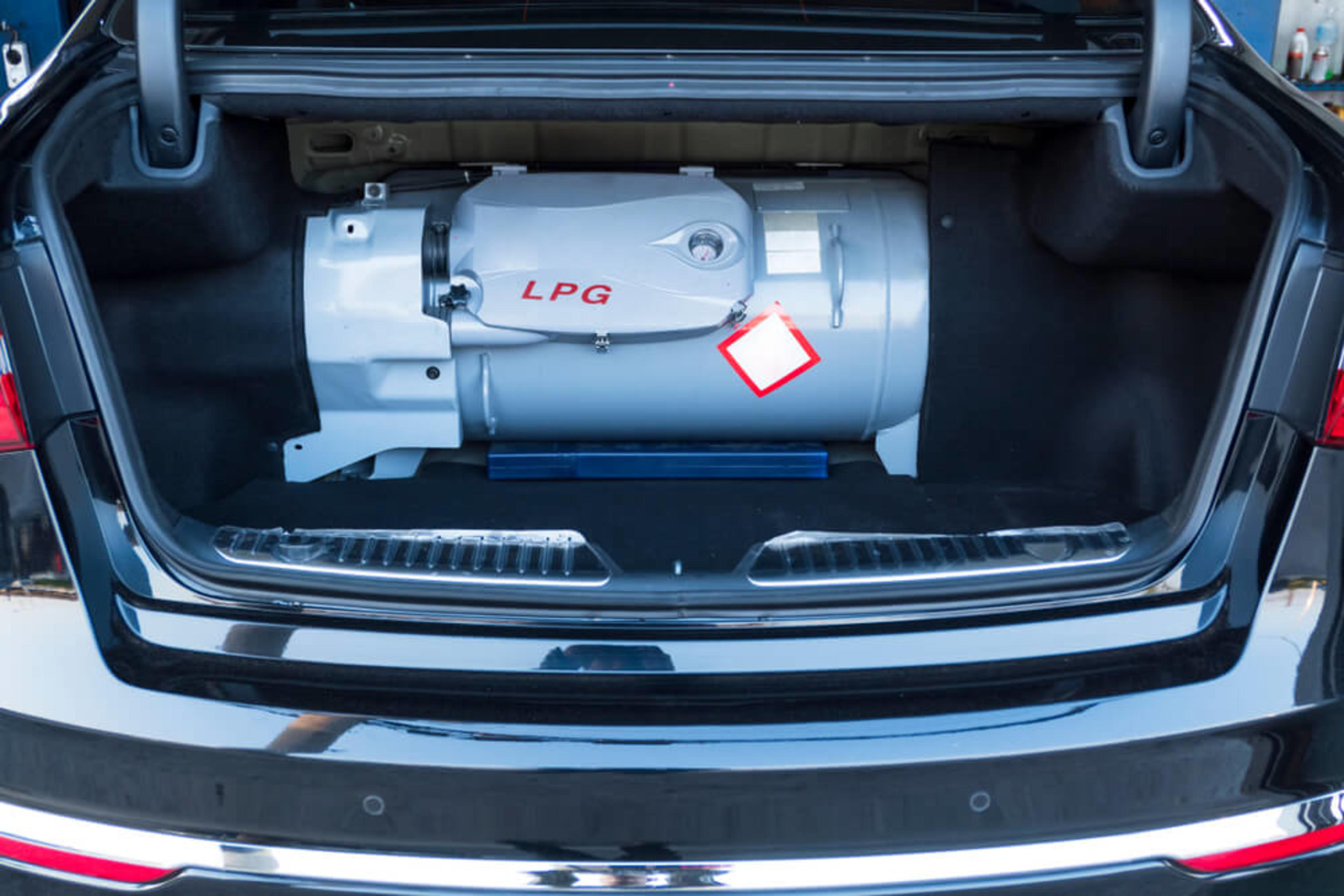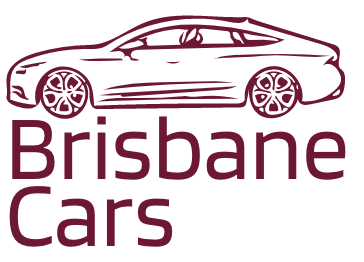What Happened to the LPG Car in Australia?

What Happened to the LPG Car in Australia?
Once a popular choice among cost-conscious and environmentally aware drivers, LPG (Liquefied Petroleum Gas) cars have seen a noticeable decline in Australia. The rise and fall of LPG vehicles is a story influenced by changing market dynamics, government policies, and advancements in automotive technology. Here, we explore the factors that led to the decline of LPG cars and the current state of this once-promising fuel alternative.
The Rise of LPG Cars
LPG cars gained popularity in Australia during the late 1990s and early 2000s. The primary drivers behind this surge were the lower cost of LPG compared to petrol and the environmental benefits of reduced emissions. For many Australians, the significant cost savings at the pump made LPG an attractive alternative. Additionally, government incentives, such as rebates for LPG vehicle conversions, further boosted the adoption of LPG cars.
The Decline: Factors at Play
Government Policy Changes
Government policies have played a crucial role in the rise and fall of LPG cars. Initially, generous rebates and incentives encouraged drivers to convert their vehicles to LPG. However, over the years, these incentives have been reduced or completely removed. The phasing out of the LPG Vehicle Scheme in 2014 marked a significant turning point, leading to a sharp decline in new LPG vehicle conversions.
Fuel Price Dynamics
While LPG was significantly cheaper than petrol for many years, the price gap has narrowed over time. This change has reduced the cost advantage that LPG once enjoyed. Additionally, fluctuations in global oil prices have made petrol relatively more competitive, diminishing the financial appeal of LPG.
Infrastructure Challenges
The availability of LPG refuelling stations has always been a concern. Although there are still thousands of LPG refuelling stations across Australia, they are not as widespread or conveniently located as petrol stations. This limitation has made LPG less attractive to drivers who value the convenience of easily accessible refuelling options.
Advancements in Automotive Technology
The automotive industry has seen significant advancements in engine technology, leading to more fuel-efficient and environmentally friendly petrol and diesel vehicles. The development of hybrid and electric vehicles has also provided alternatives that offer better fuel efficiency and lower emissions than LPG cars. These advancements have shifted consumer interest away from LPG towards newer technologies.
Maintenance and Conversion Costs
The cost of converting a petrol vehicle to run on LPG can be substantial, ranging from $2,500 to $4,000. Additionally, LPG systems require regular maintenance to ensure they operate safely and efficiently. As newer vehicles with advanced fuel systems become available, the appeal of spending money on an LPG conversion has diminished.
The Current State of LPG Cars
Today, LPG cars represent a small fraction of the Australian automotive market. The reduction in government incentives, narrowing fuel price gap, and improvements in alternative fuel technologies have all contributed to the decline in popularity. While some drivers still appreciate the cost savings and environmental benefits of LPG, the broader market has moved on to more modern and convenient options.
The Future of LPG Cars
The future of LPG cars in Australia remains uncertain. While there will likely always be a niche market for LPG, particularly among high-mileage drivers and certain commercial fleets, the broader trend points towards the adoption of hybrid and electric vehicles. These technologies offer superior fuel efficiency, lower emissions, and the promise of an even greener future as renewable energy sources become more prevalent.
Conclusion
The story of LPG cars in Australia is a testament to the evolving nature of the automotive industry and the influence of market forces and government policies. While LPG cars provided a valuable alternative to petrol for many years, changes in policy, fuel prices, infrastructure, and technology have led to their decline. As Australia continues to move towards more sustainable and efficient transportation options, the legacy of LPG cars serves as a reminder of the ongoing journey towards a cleaner, more sustainable future.
